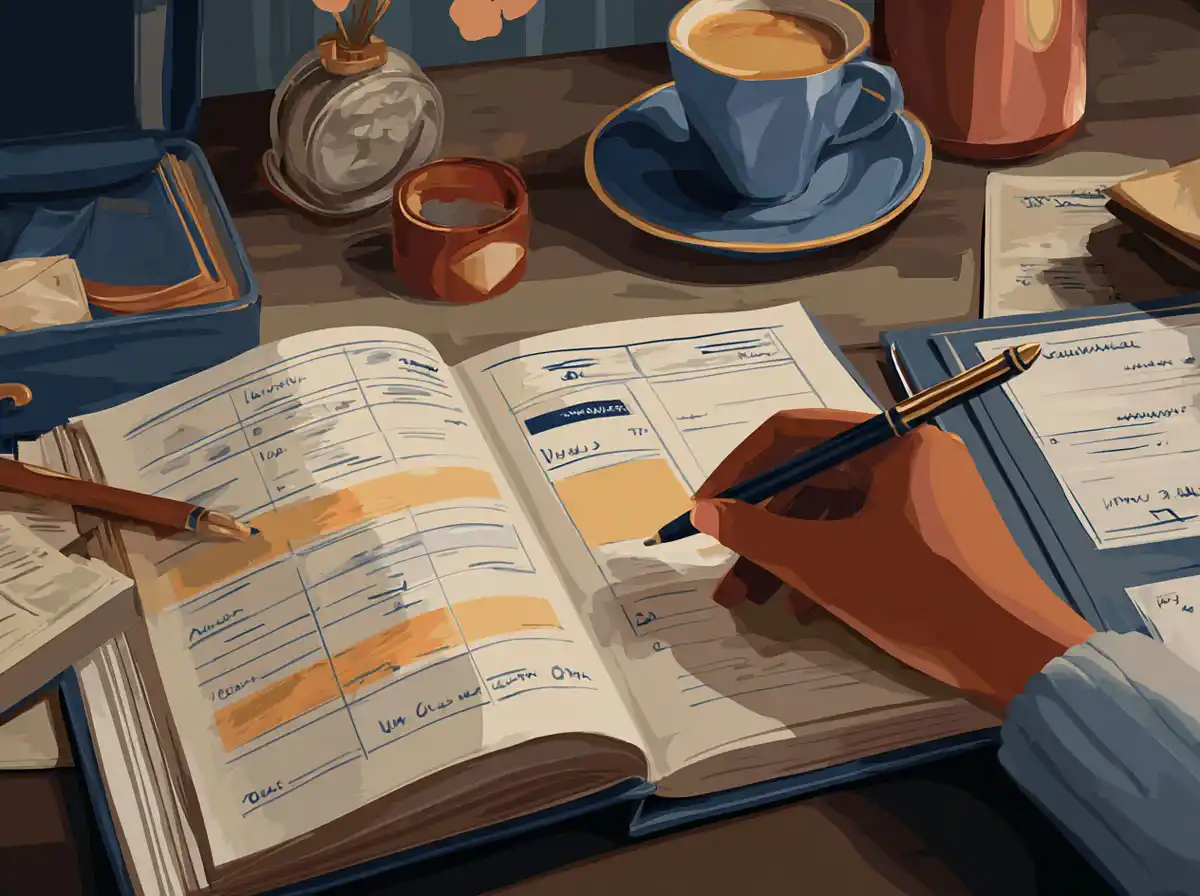Understanding Old-fashioned Words in Ukrainian
Old-fashioned, or archaic, words in Ukrainian refer to vocabulary items that were once common but have gradually fallen out of regular use. These words often appear in classical literature, historical documents, folk songs, and religious texts, reflecting past societal norms and cultural expressions. While contemporary Ukrainian has evolved with the influence of other languages and modern life, these archaic terms preserve the linguistic heritage and provide context for historical communication styles.
The Role of Archaic Words in Ukrainian Language Development
Archaic words contribute significantly to our understanding of language development by:
- Tracing Linguistic Evolution: They show how pronunciation, grammar, and semantics have changed over centuries.
- Preserving Cultural Identity: Many old-fashioned words are tied to traditional customs, folklore, and religious practices unique to Ukrainian culture.
- Enriching Literary Works: Classic Ukrainian literature and poetry frequently use these terms, lending authenticity and a historical flavor to the text.
- Enhancing Language Learning: Familiarity with archaic words can improve comprehension of older texts and deepen learners’ understanding of the language’s roots.
Common Categories of Old-fashioned Ukrainian Words
Old Ukrainian vocabulary can be broadly categorized into several types, each with its distinct characteristics and usage contexts.
1. Archaic Nouns
Many old-fashioned nouns relate to social hierarchy, household items, and natural elements that were more relevant in past centuries.
- Пан (Pan) — meaning “lord” or “master,” historically used to address nobility or landowners.
- Дід (Did) — an old term for “grandfather,” still used regionally but considered somewhat archaic in urban areas.
- Батько (Batko) — meaning “father,” though still common, some older forms like батюшка are now more religious or respectful.
- Світлиця (Svitlytsia) — an old-fashioned word for a “living room” or “parlor,” rarely used today.
2. Archaic Verbs
Certain verbs have shifted in form or been replaced by more modern equivalents.
- Вельми (Velmy) — an archaic adverb meaning “very,” now replaced by дуже.
- Стелитися (Stelytysya) — meaning “to spread” or “to lay down,” often used in poetic or historical texts.
- Кликати (Klykati) — meaning “to call” or “to summon,” still understood but less frequent in everyday speech.
3. Archaic Adjectives and Adverbs
These are descriptive terms that have faded from common usage but remain important for literary or formal contexts.
- Радісний (Radisnyi) — an old-fashioned synonym for “joyful” or “happy.”
- Лагідний (Lahidnyi) — meaning “gentle” or “tender,” still used but often considered poetic or literary.
- Крайній (Krayniy) — meaning “extreme” or “outermost,” now more commonly replaced by modern synonyms depending on context.
Examples of Old-fashioned Words in Classic Ukrainian Literature
Classic Ukrainian literature, such as the works of Taras Shevchenko, Ivan Kotliarevsky, and Lesya Ukrainka, is rich with archaic vocabulary that reflects the language of their times.
Taras Shevchenko’s Use of Archaic Language
Taras Shevchenko, often called the father of modern Ukrainian literature, extensively used old-fashioned words to evoke national identity and historical depth. For example:
- Чумацький шлях (Chumatskyi shlyakh) — an old term referring to the trade routes used by salt merchants.
- Кобзар (Kobzar) — meaning “bard” or “minstrel,” an archaic word that became synonymous with Shevchenko himself.
Ivan Kotliarevsky and the Revival of Ukrainian Language
Kotliarevsky’s “Eneida,” a parody of Virgil’s Aeneid, incorporates many old-fashioned and folk terms, bridging the gap between oral traditions and written Ukrainian.
- Гайдамака (Haidamaka) — an old word for insurgent or rebel, related to 18th-century Ukrainian uprisings.
- Верба (Verba) — “willow,” often symbolic in Ukrainian folklore and poetry.
Why Learn Old-fashioned Ukrainian Words?
Understanding archaic Ukrainian vocabulary is beneficial for several reasons:
- Access to Classical Texts: It enables learners to read and appreciate Ukrainian classics in their original language.
- Enhanced Cultural Insight: Old words carry meanings tied to historical contexts, enriching cultural comprehension.
- Improved Language Skills: Familiarity with archaic forms can improve overall vocabulary and recognition of language patterns.
- Preservation of Heritage: Using or recognizing old-fashioned words helps keep Ukrainian linguistic heritage alive.
Modern Usage and Revival of Archaic Words
While many old-fashioned words have fallen out of daily use, some experience revival in specific contexts:
1. Literature and Poetry
Contemporary Ukrainian poets and authors sometimes revive archaic words to evoke nostalgia or add stylistic depth.
2. Folk Music and Traditions
Folk songs and traditional ceremonies often maintain archaic vocabulary, preserving linguistic history.
3. Formal and Religious Settings
Certain archaic terms persist in church liturgy, formal speeches, and historical reenactments.
4. Language Learning Platforms
Apps and platforms like Talkpal integrate these old-fashioned terms into lessons, helping learners connect with both modern and historical Ukrainian language.
Tips for Learning Old-fashioned Ukrainian Words
Learning archaic vocabulary can be challenging but rewarding. Here are some practical strategies:
- Read Classic Literature: Engage with works by Shevchenko, Kotliarevsky, and others to see old words in context.
- Use Language Apps: Platforms like Talkpal offer interactive lessons that include historical vocabulary.
- Watch Historical Films and Documentaries: Media set in historical periods often use authentic language.
- Join Language Exchange Communities: Practicing with native speakers familiar with traditional Ukrainian can enhance understanding.
- Create Flashcards: Use flashcards to memorize archaic words along with their modern equivalents.
Conclusion
Old-fashioned words in the Ukrainian language serve as a vital bridge connecting the past with the present. They enrich the language, offering learners a window into Ukraine’s cultural and historical legacy. While they may not dominate everyday conversation, their presence in literature, folklore, and formal contexts ensures they remain relevant. Embracing these archaic terms through resources like Talkpal can greatly enhance language learning, providing both depth and authenticity to the experience. Whether you are a student, linguist, or cultural enthusiast, exploring old-fashioned Ukrainian words opens doors to a fascinating linguistic journey that honors the past while enriching the future.










